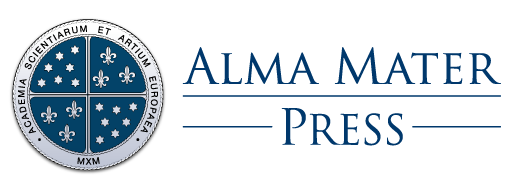Russia as Seen by Slovenian Politics from the Sarajevo Assassination to the Outbreak of the World War in 1914
DOI:
https://doi.org/10.33700/1580-7118.16.1.7-23(2014)Keywords:
Slovenian politics, Sarajevo assassination, World War I, Russian Empire, Kingdom of Serbia, Austria-HungaryAbstract
After the Sarajevo assassination of June 28th, 1914, Slovenian politicians carefully observed the actions of the European superpowers. The contemporary international role and significance of the Russian Empire were considered by the Catholic and Liberal camps but ignored by the Marxist camp. Slovenian politics saw Russia as a dangerous country, hostile to Austria-Hungary, and as a threat to European peace. The most negative attitude to Russia, based on Austrian patriotism, was adopted by the Catholic camp, which supported its anti-Russian stance with ideological and religious reasons. When Austria-Hungary declared war on Russia on August 6th, 1914, Slovenians were convinced of Austrian victory. In the course of the war, however, the Slovenian outlook on Russia changed: as the anti-Austrian disposition grew, Russia began to be seen in a more favourable light by the Catholic and Liberal camps alike.
Downloads
References
ČURKINA, I. V. (1996): “Rusko-slovenski odnosi: politični odnosi: do 1922”, v: Javornik, M., Voglar, D., Dermastia, A., ur., Enciklopedija Slovenije: 10, Mladinska knjiga, Ljubljana, 335–338.
PRUNK, J. (1992): Slovenski narodni vzpon: narodna politika 1768–1992, Ljubljana, Državna založba Slovenije.
Slovenec (S) (1914), Ljubljana, konzorcij Slovenca.
Slovenski narod (SN) (1914), Ljubljana, Narodna tiskarna.
Zarja (Z) (1914), Ljubljana, Ivan Tokan.

